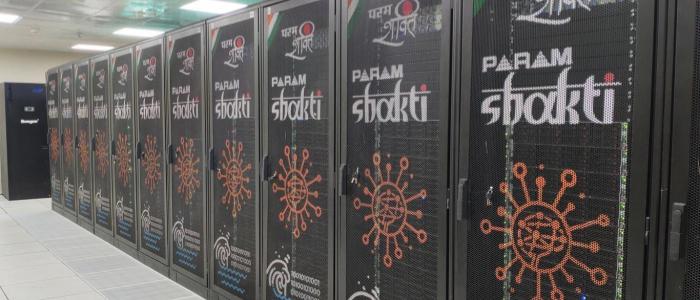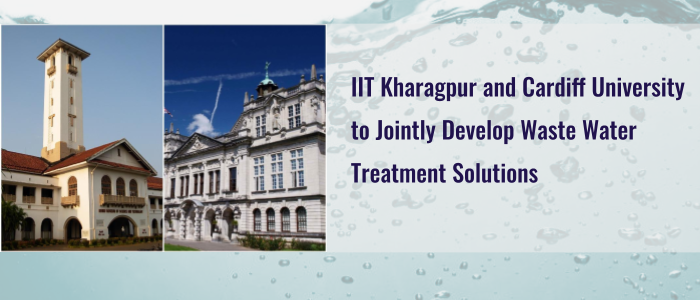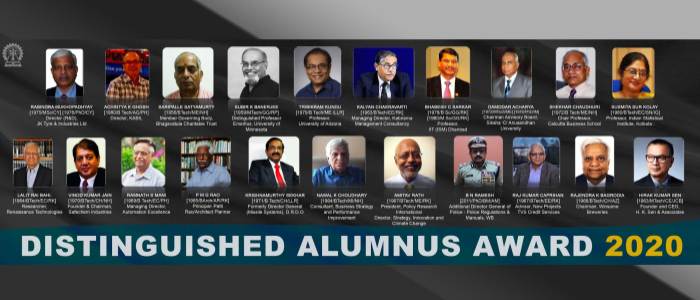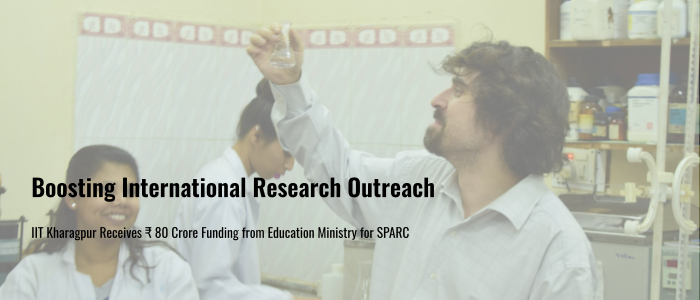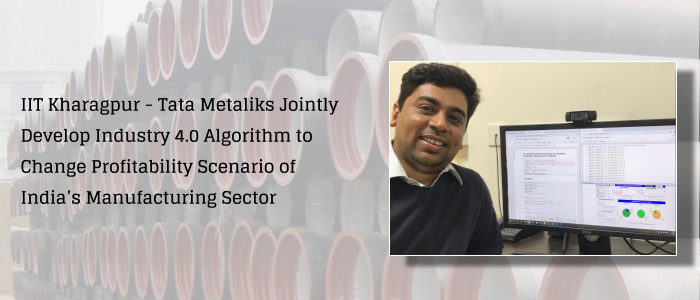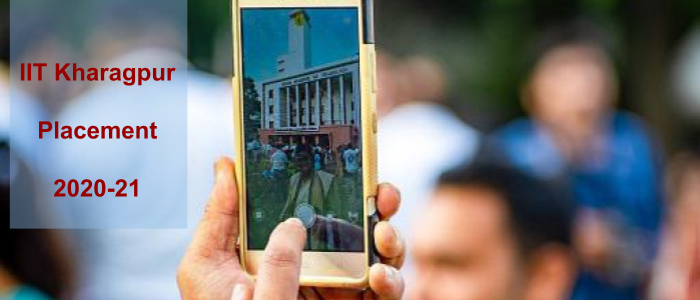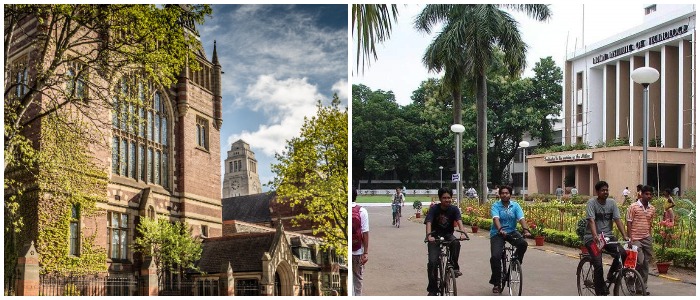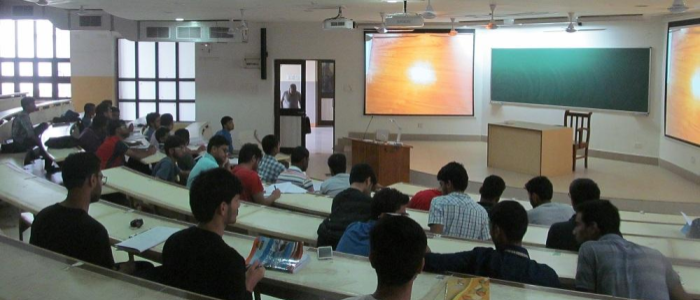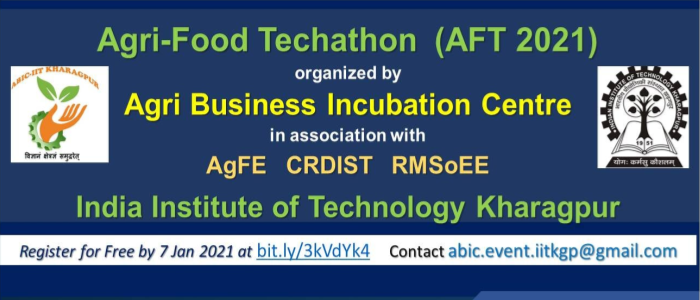
Agri-Food Techathon @ IIT Kharagpur to promote agri-tech innovations
The Agri Business Incubation Centre (ABIC), IIT Kharagpur, in association with its Agricultural & Food Engineering Department, Centre for Rural Development & Innovative Sustainable Technologies and Rajendra Mishra School of Engineering Entrepreneurship, is organizing Agri-Food Techathon (AFT 2021), a national level online technical fest during January to March 2021. This is an event open to university/college students, entrepreneurs and rural youths to exhibit and depict their creativity, problem-solving, and prototyping-skills in the different domain of Agri-Food sector. The event will provide orientation and exposure to innovation and entrepreneurship opportunities in the Agriculture and Food Technology sector, to the aspiring entrepreneurs,…

